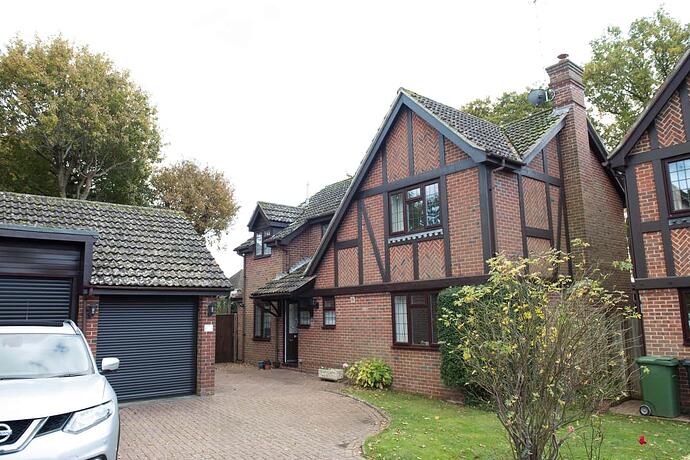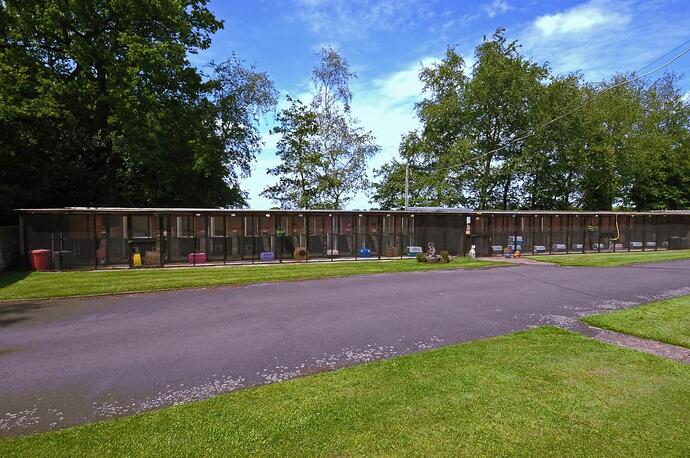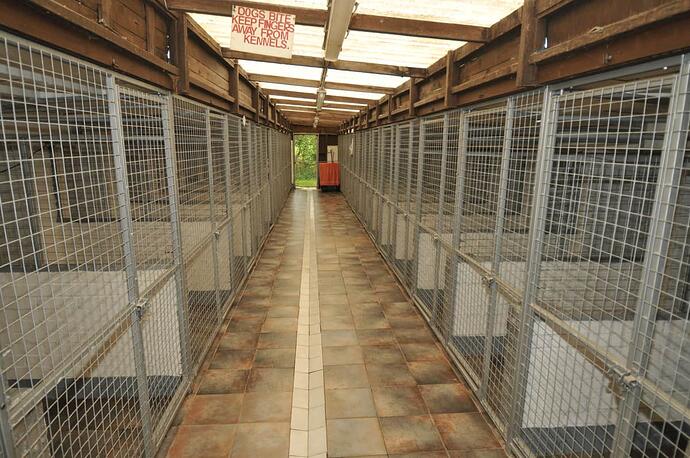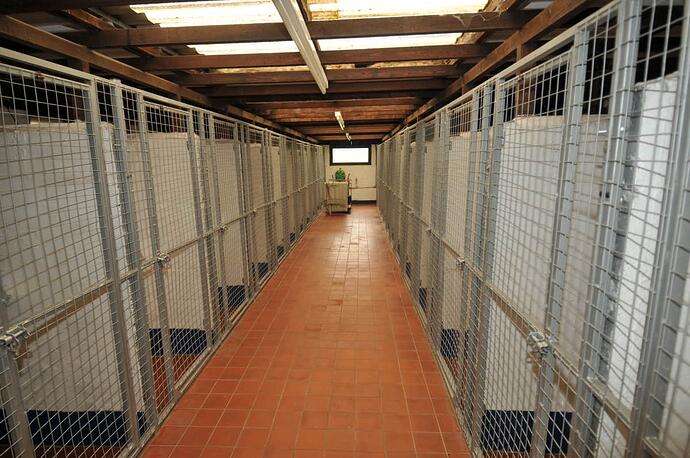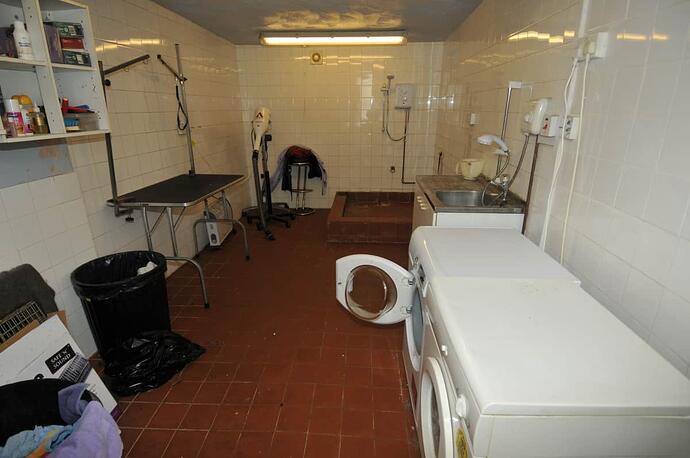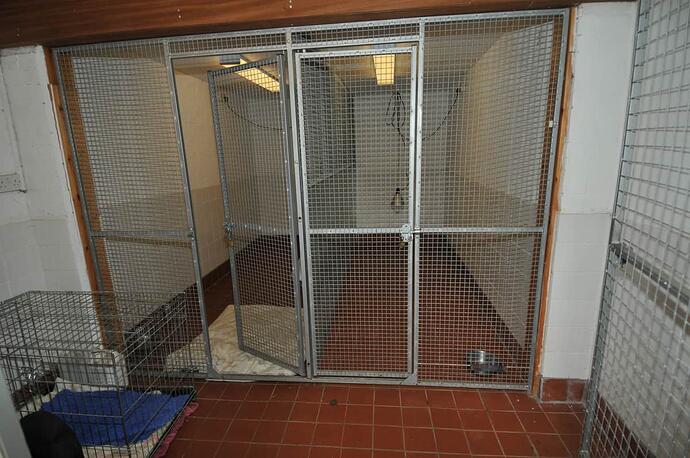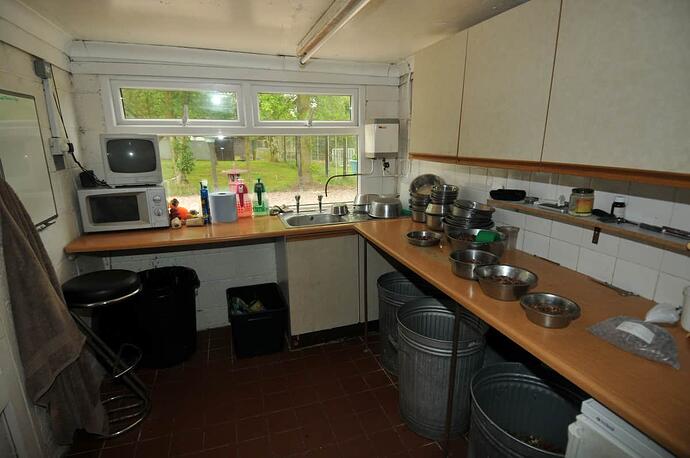Sure. Who likes milk and cheese anyway…let’s just strip the forest of another part of the world and grow more soy.
Thanks for that observation.
My post was about the factuality of the claim that stopping eating meat would have the consequence of more food imports. There is no evidence for that. Rather, on paper at least, it would seem likely that the need for food imports (and remember, cattle feed is imported too) would go down.
My post was not any sort of endorsement of removing all livestock from the UK or anywhere else. I did not state that eating meat or dairy products should stop.
But in answer to your question - me, I like cheese. Both cow and goat cheese. And I do not like soya milk. What I also dislike is people writing poorly informed opinion and presenting it as confirmed fact.
You said removing all the cows would greatly enhance our ability to be self-sufficient in food. But that would only mean some self-sufficiency for vegans. In terms of the climate it’s just moving one part of the problem to another geographical area.
When forests are cut down, much of that stored carbon is released into the atmosphere again as carbon dioxide (CO2)**. This is how deforestation and forest degradation contribute to global warming, so, the loss of our woodlands alongside the magnitude of fossil fuel vehicles in use throughout world are still the driving force for climate change, and while your examples of plastic being a legit point and concern, as mighty glaciers melt in the Arctic, new research finds million-year-old methane gas trapped beneath the ice is surfacing, with a potential to further warm the planet. To me, the arguing over being a Vegan, a meat eater, religion, and politics, are all man made pettiness, and down right selfishness. We best be coming together to work out the problems of the world, like it or not, we are all a people, same race / species, and this is our home, are we going to be the beginning of the end of the human species, and what are we leaving future generations, a legacy of greed and selfishness ? Shucks, it appears with the largest brains we are the dumbest species on earth.
I meant proper jobs Annie, like producing food through farming instead of sending all of our young people to university and giving them expensive qualifications that they will never benefit from. We need more people in media studies, art and drama, and bean counters. No wonder we have to import skilled workers from elsewhere. In 1989 when I ran the London Marathon you had to enter your occupation…The largest number of runners were engineers.
This year it was…
Virgin, the marathon sponsors, provide a breakdown of all this year’s 49,795 runners by occupation. As you can see from the table below, teachers are the best represented profession, with a strong showing from accountants and students. There are also stockbrokers, game keepers and vicars.
It’s manufacturing, farming and the food/fishing industry that makes a successful economy, not buying stuff in from the other side of the world and teaching our young folk that sitting behind a desk in none productive roles. How many accountants do we need?
1 point I would like to make, never undermind the value of education, and in today’s world advanced technology is effecting every field, and yes, including farming, but the problem with farming it is always dependent on so many factors, many of which we have absolutely no control, so it has lost it’s lustre to younger generations.
great informative post, thank you.
How do those three industry sectors make for a successful economy?
But the right sort of education Raven. Nothing can replace ‘on the job’ experience especially from the old hands. I was mentored in engineering by some of the old masters, and learnt more from them than from sitting at a desk in college. Not everyone is academically endowed, and are destined to be more practical or mechanically minded.
Nobody leaving university at 21 with a degree in this or that is going to do an apprenticeship or a job they consider ‘beneath’ them. So we have ended up with a country full of over qualified academics with no engineers, mechanics, plumbers, electricians, builders, joiners or manual workers. If you want proof, just ask any homeowner how long it takes to find a bricklayer these days.
edcation is ok as far as it goes, but some of us hated school and left as soon as legally allowed to.
how many “educated” people have a house liked mine. no mortgage either
not bad for someone without academic qualifications only a 5 year apprenticeship
so please don’t tell me one you can’t get on without higher edcational qualifications . not only that but have travelled extensively to so many countries as well
A good pair of hands capable of being doing manual jobs is far more useful than those with a degree in “ology”
there are few industries which have not been effected by technology, and it will only get worse each generation, and the better the education the better the chances to succeed, you grew up in a different time. Assuming you are around my age or older (mid 70s) we grew up in the days of “shade tree mechanics”, when we got our first cars we learned / knew how to fix/ maintenance them ourselves, today you need a degree to work on them, and that is not including the constant course you need to stay up dated on future models. I spent my life in Transportation, I can tell you, to be a mechanic requires yearly courses to update you on changes in models (even those made in the latter part of the year you bought yours) just to keep up.
eventually I woke up and realises that no matter how hard you worked for a company one didn’t get more money. So I went self employed and completely changed from working for british telecom to being a kennel and cattery owner. A completely different direction and part of the UK.
Best move ever made . Now money going into our pockets not some obscure bosses
our cattery (licenced for 42 cats)
as you can see it was nearly full most of the year with clients cats
the kennels licenced for 118 dogs
after I completely modernised it from a rusty bar and broken concrete floor. Added a grooming parlour which was an old stable with 3 ft of hay in it
I did the the tiling and electrics everywhere needed doing. even down to a walk in dog shower
so from taking it over as a run down business with only 350 clients on the books when we bought it to 5,000 + clients when we left
what you see above is just half of the upgrade I did in over 20+years such as extended the cattery to what you now see with a nice grass front not broken concrete . Fully alarmed everwhere and 2 sets of CCD camera one for the kennels kitchen so could keep an eye on those kennel blocks and the other in the bungalow for overall views such as entrances and cattery with security lighting everywhere as well. changed other stable into an isolation section for ill dogs if needed.
enlarged and upgraded kennel kitchen new widow that was the only way for new long worktop to get in
all the above done with my own 2 hands
Yes sir, and most industries offer internship. Your second point is valid, but those students embark on a particular degree because they do not want to work at the jobs you are referring to. The world is constantly evolving, the job market, the economy, socially , politically…ect, and to improve one’s chances of success they must be prepared to roll with the times, we had too. To succeed in life now (as it always has) one must be able to adapt, and the better their education, the better their chances of adapting.
“The wise adapt themselves to circumstances,as water moulds itself to the pitcher”
----Chinese Proverb.
That is good, but everybody is different, and that makes the world the beautiful place it is, and so much more complicated to live in. You know I write a little poetry(none I’ve posted here), and one of my favorite poems was “life is the classroom for the soul”, what it refers to is we come into this world to learn a lesson, and that lesson differs for us all, and when we are done, our time has come, and we take into our next life. Congratulations on you accomplishments my friend, I’m sure they were well earned.
today most want an “ology” degree to their name no matter how useless that “ology” is. My new BT manager joined and didn’t have a clue about the job (me being a switchboard fitter). Yet although I had been doing it for about 20 years he was tell me how to do it. a right UNI plonker if ever there was one, absoluely useless. Before he came we had a guy who did the work as a lad and knew the job
I have told before about a level 4 manager who" stole" gas fitters tools from a high street thinking they were BT tools left in a railed off tent on a pavement
But is your house prepared for a 40°C drop in temperature? Will it survive the new ice age imposed by the failure of the AMOC? I fear not.
I don’t believe in scare mongers
Good stuff! I took me a while to find my notes from I a physics course I took a couple of years ago, so there’s your grain of salt as you read.
Jonathan Baker, Andrew J. Watson and Geoff Vallis are current and respected contributors to the field of oceanographic physics.
Historical measurements and models of the AOMC yield wildly different results This team is willing to project some weakening, but at a range of anything from 6 - 70% weakening in 80 years (do the math on those yearly calculations).They are willing to project estimates that lean towards AOMC weakening, but models not reliable.
Consider that AMOC and therefore the model inputs depend on any number of factorslike buoyancy forcing, the vertical diffusion, the Southern Ocean wind stress and mesoscale eddies.
The historical AMOC pathways, which are used to model the processes and forcings, are based on measurement and tools that are not always reliable. As a result, models still don’t accurately measure either historical or projected AMOC behavior.
In their own words, “Improved observational estimates of the real-world overturning pathways would reduce uncertainty in our prediction of AMOC weakening. They may also suggest how to improve climate models’ historical MOC and thus AMOC changes, as well as their oceanic transports of heat, salinity and carbon Future research could explore the cause of the large inter-model spread in the historical overturning pathways and AMOC strength.”
In other words, they are working with unreliable records using unreliable tools creating unreliable input into new and new models. It looks like there is a trend for weakening, but their results are far from conclusive.
The media is going to be hyperbolic, but even the experts don’t have much confidence in projecting what will happen or why it will happen.
We don’t need to collect robust data to see what is already happening around the planet. My main concern is species preservation and maintenance of the global biosphere. Without that we can’t survive either.
Absolutely Awesome, and basically what I’ve been saying all along, but alas! with me it’s just a gut instinct based on the limited knowledge I’ve accumulated over my seventy odd years of being a passenger on planet earth.
With you Surfermom, it comes from someone who has spent a life delving into the caverns of history with a keen scientific mind that is both knowledgeable, enquiring and objective.(that’s three isn’t it? ![]() )
)
Only you could have described it so eloquently…
Proper science…
![]()
![]()
We used to believe predictions from the old philosophers like Nostradamus, Copernicus and Old Mother Shipton…Some were close to the mark and others were a long way off.
These days we believe that ‘computer modelling’ can predict the way forward, but computers are logical and humans are not. Therefore just very slight variations in input can produce wildly inaccurate outcomes. And the further they are projected, the less reliable they tend to be (just look at weather forecasting) and certainly no basis for affecting the way we should act now. It seems those early predictions by the great philosophers have a far better percentage of being correct than the best guesses that computer aided predictions can manage at present.

